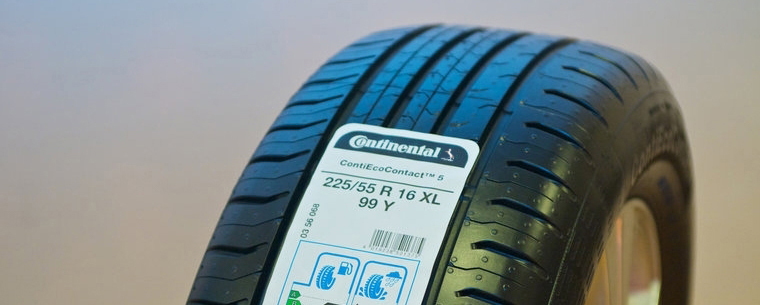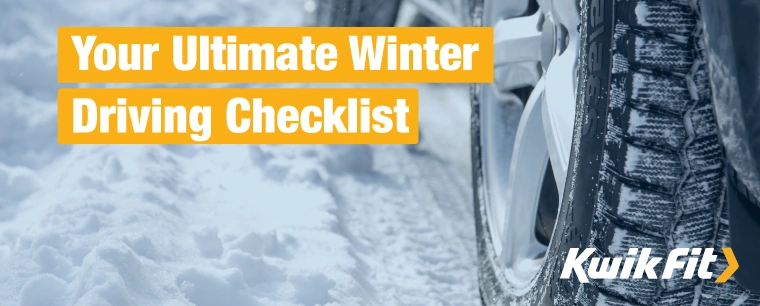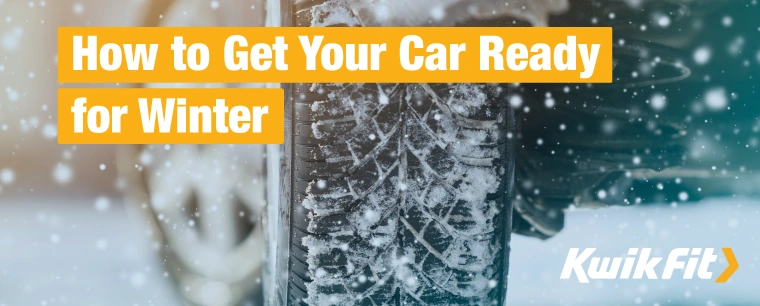How to Choose the Right Tyres for Your Car
Bradley Jando | Friday 10th September 2021 3:03pm

When it comes to buying new tyres for your car, the amount of choice can make the decision seem impossible. It can sometimes be easier to ignore the fact that your tyres need replacing at all. However, tyres with insufficient tread depth are illegal and can cause MOT failure.
Making sure that your tyres are in good condition before your MOT test can save you money and time in the long run. If you’re looking for new tyres, make sure you establish what factors are important to you before choosing.
Where can I find my tyre size?
It is important to know what size tyre you'll need before purchasing. You can find your tyre size on the sidewallof your tyre or in its manual and documentation. The first important thing to check is the load index to see if the tyre is able to support the weight of your vehicle. It’s also important to look at the maximum speeds that your tyres can run at to ensure that they are compatible with your vehicle. Make sure that the tyres you purchase have a valid speed rating otherwise you may void your car insurance.
The diagram below shows how to read your tyre size.

Why is tyre size important?
Finding tyres that are the right size for your car is important for a few reasons. Tyres that are the right size for your vehicle will allow for increased safety and performance.
Does each tyre have to be from the same manufacturer?
Generally speaking, the answer is "Yes".
Each tyre manufacturer will create their products differently, with various compounds, materials, and tread patterns. As such, they all perform differently. The danger of having a mix of tyres on your car is that it can lead to uneven performance, such as when clearing from the road, and that increases the chances of having an accident.
By having the same model of tyre on each wheel you will be able to maintain even performance and control of your car. And legally you must have the same tyres across the same axle.
Should I buy the same brand as my existing tyres?
Some cars come fitted with OE (‘Original Equipment’) tyres. The OE tyres that your car comes with are the tyres that have specifically been designed by the manufacturer with your vehicle in mind. This will bring out the best of your vehicle in terms of safety and performance. If you’re not sure whether your vehicle was fitted with OE tyres when you bought it, look at the sidewall of the tyre. OE tyres have letters to identify the vehicle maker.
Premium or budget tyres
Premium tyres like Continental tend to be better than more budget alternatives, as shown by independent tyre testing. The reason for this difference in quality is that premium tyres tend to have undergone more intensive research and development process than budget ones. So, although they may seem more expensive initially, premium tyres can be a good investment.
Part-worn tyres
Part-worn tyres can seem like a bargain compared to premium tyres. But these tyres have already been worn down so they are less safe than new tyres. Also, they don’t last as long as some of the tyre has already been worn down. This means that your vehicle has less grip on the road and therefore endangering yourself and other road users.
Any facts, figures and prices shown in our blog articles are correct at time of publication.
Featured Articles
Is Your Car Battery Ready for Winter?
Monday 11th November 2024
Is the UK on the verge of ‘the coldest winter for 50 years?’ Even if El Niño doesn't hit the UK this winter, reduce the risk of a winter breakdown by making sure your car battery is winter-ready.
Your Ultimate Winter Driving Checklist
Monday 31st October 2022
Driving in the colder months presents many challenges. Breakdowns are far more common in winter, so make sure you’re prepared with these essentials.
How to Get Your Car Ready for Winter
Wednesday 28th September 2022
Winter can be a harsh season for your car but planning ahead by carrying out some basic maintenance and packing some essential kit should help you avoid a winter breakdown.







